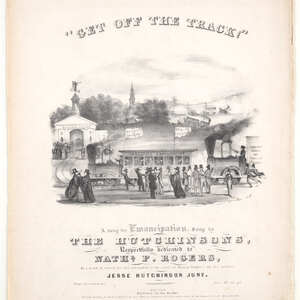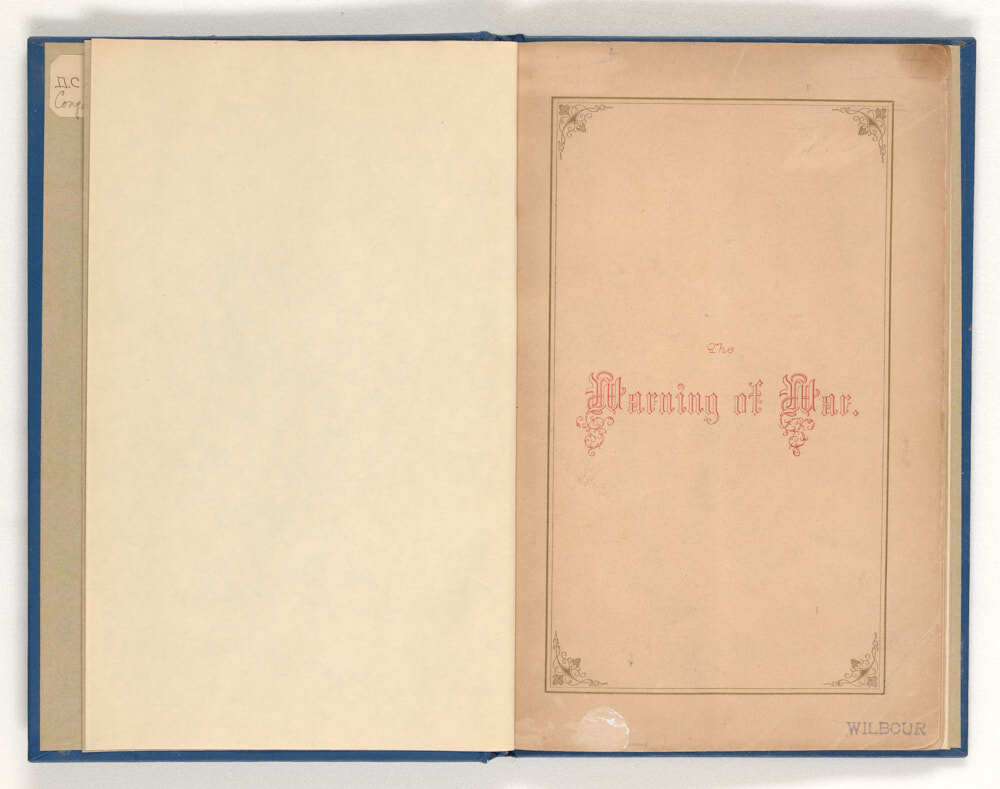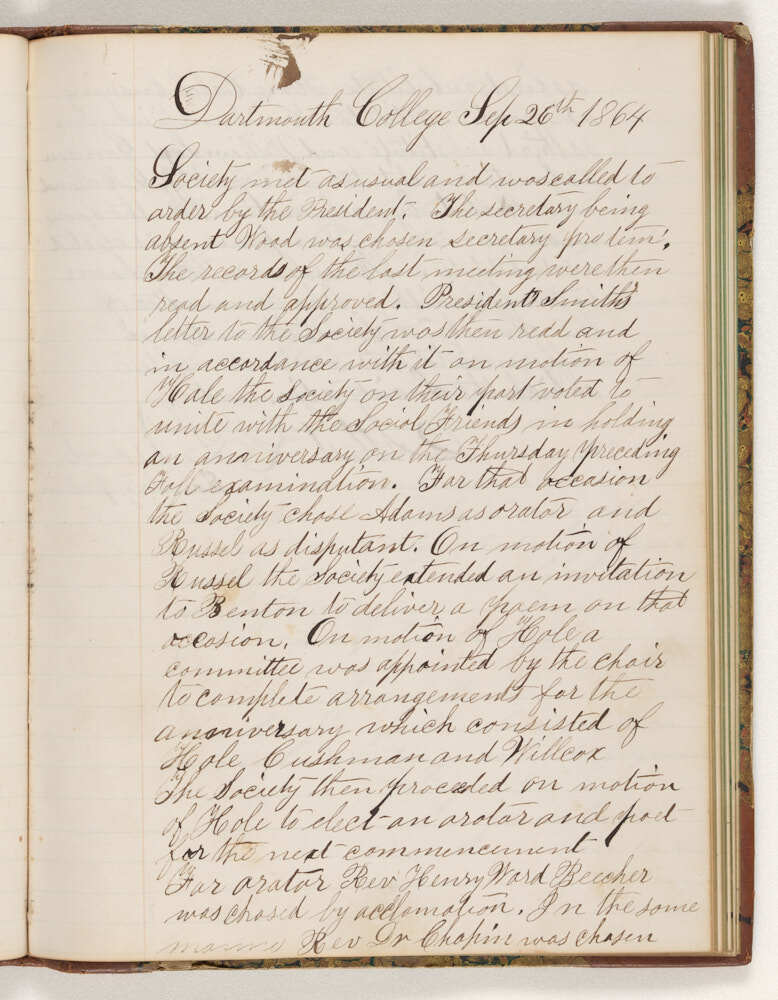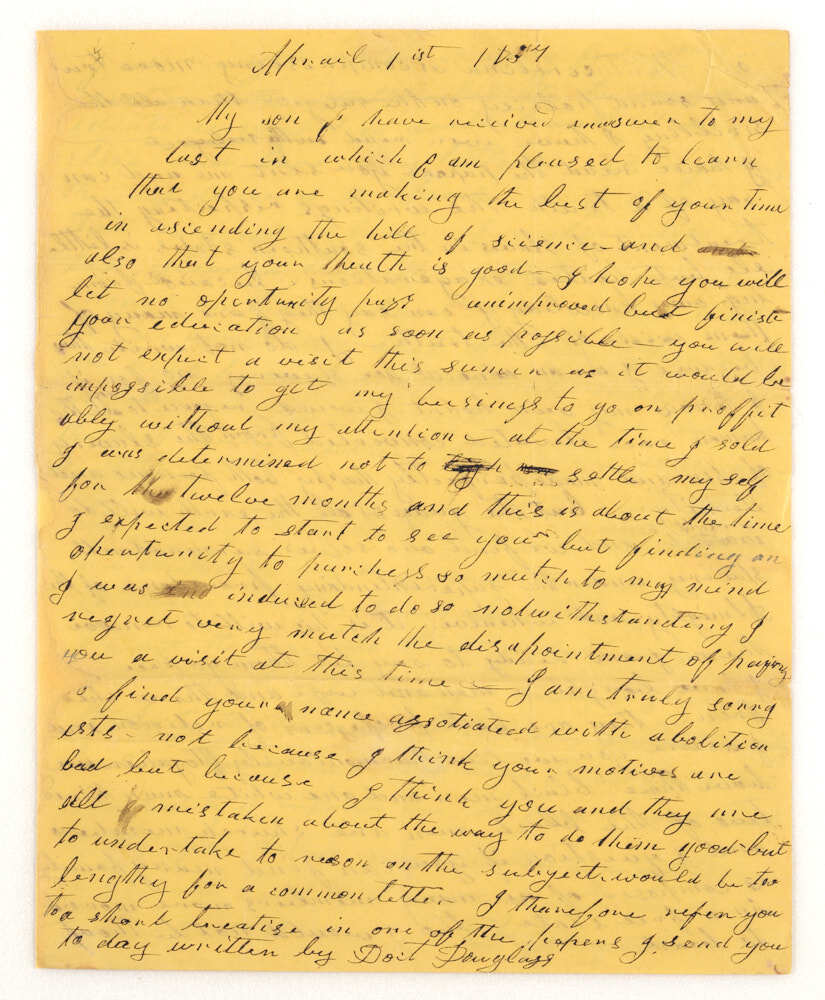Dartmouth and the Debates on Slavery
Dartmouth’s social and political debates over slavery reveal nuances within anti-slavery and pro-slavery thought. Among those opposed to slavery, some advocated for citizenship and full equality for persons of African descent, while others sought their removal to the colony of Liberia, West Africa. Among those who accepted slavery, some were its zealous defenders, while others were willing to tolerate it for the sake of preserving the Union. The ideological evolution of Dartmouth’s sixth president Nathan Lord from anti-slavery to staunchly pro-slavery reflected these shifting and conflicting politics. On campus, students formed both anti-slavery and pro-colonization groups. Literary societies also provided students with an entry point into public debates on the issue of slavery. Students also heckled and disrupted anti-slavery speakers and wrote letters home discussing the ways in which slavery influenced their religious, political, and social affiliations and views. During the Civil War, Dartmouth students and graduates served in both Union and Confederate militaries.










